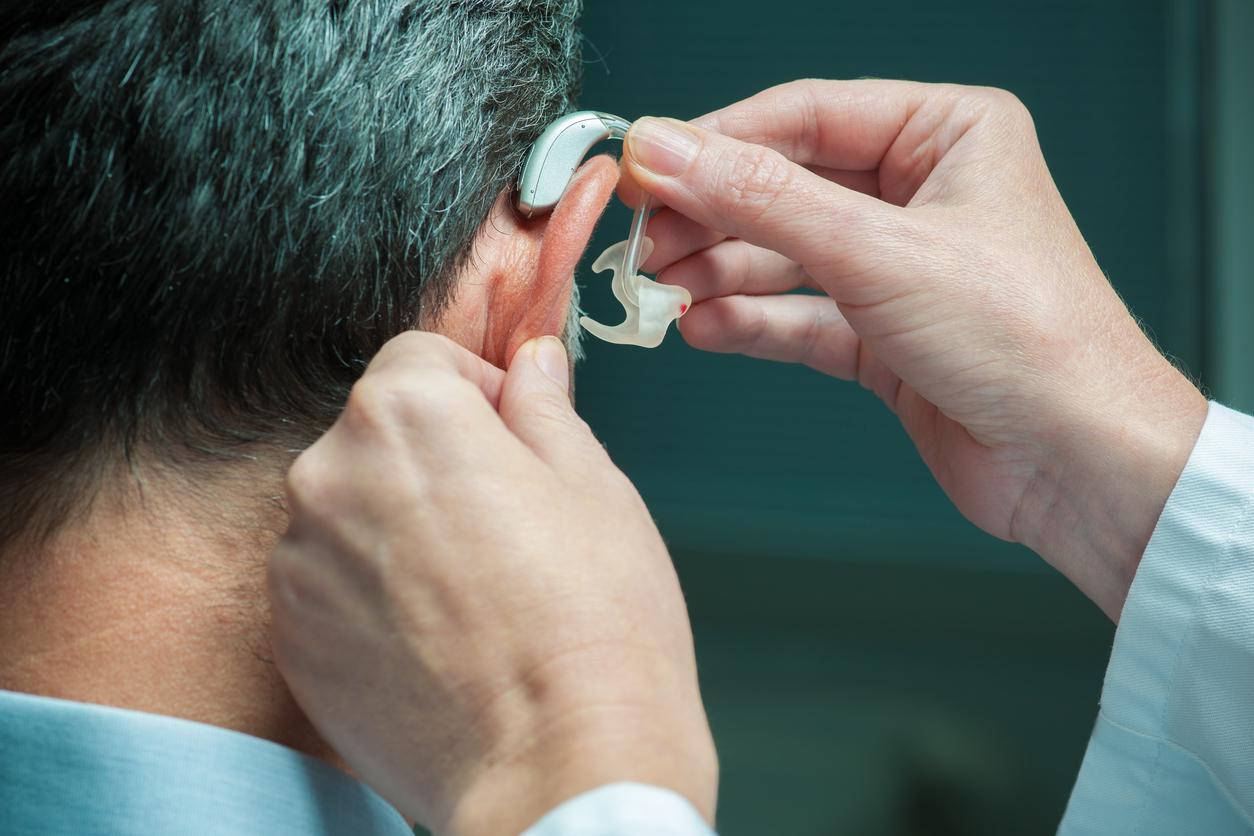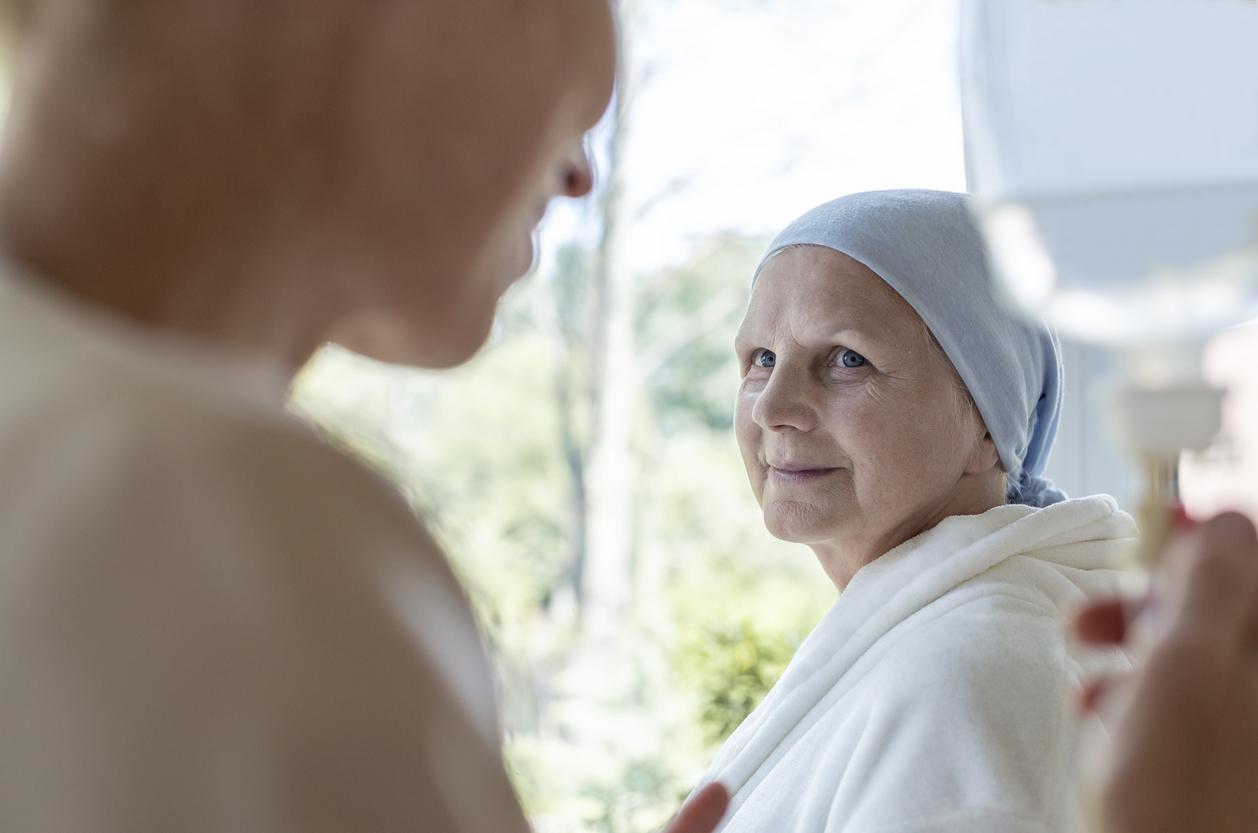Cisplatin-based chemotherapy can cause deafness.

- The authors of a new study followed men who were treated with cisplatin-based chemotherapy for 14 years to beat testicular cancer.
- Result: 78% of them now experience significant difficulty hearing.
- Scientists also found that higher doses of cisplatin led to more severe hearing loss.
An interdisciplinary study has just demonstrated that one of the most common forms of chemotherapy can significantly impact patients’ hearing in the long term.
Cisplatin-based chemotherapy: 78% of patients have difficulty hearing
Published in the Journal of the American Medical Association Oncology, the authors of the research followed men treated with cisplatin-based chemotherapy for testicular cancer for 14 years. The results: 78% of them now have significant difficulty hearing, which has a negative impact on their quality of life.
The scientists also found that higher doses of cisplatin led to more severe and progressive hearing loss, particularly in patients with high blood pressure or poor cardiovascular health.
“Most patients still do not have their hearing tested before, during or after chemotherapy. In this case, our study highlights the need for regular hearing assessments to manage and mitigate long-term hearing damage.” says study author Victoria Sanchez, also an associate professor in the Department of Otorhinolaryngology and Head and Neck Surgery at USF Health.
“This research gives oncologists the information they need to explore other treatment plans that may reduce long-term side effects,” she adds.
“Hearing is essential because it allows us to stay connected to the world we love and avoid danger,” she recalls.
“It is extremely important to continue to follow the patients in the cohort throughout their lives. Their current median age is only 48 years but eventually they will enter the period where age-related hearing loss also begins to develop,” also says Dr. Lois B. Travis.

What is chemotherapy?
Chemotherapy aims to destroy cancer cells by non-specific mechanisms.
“Some chemotherapies can be administered orally, others intravenously, some are less toxic, others more… Similarly, different tumors are not sensitive to the same chemotherapies,” noted Gustave Roussy InstituteChemotherapy therefore does not refer to a drug, but to a treatment principle which covers a wide range of treatments.

















